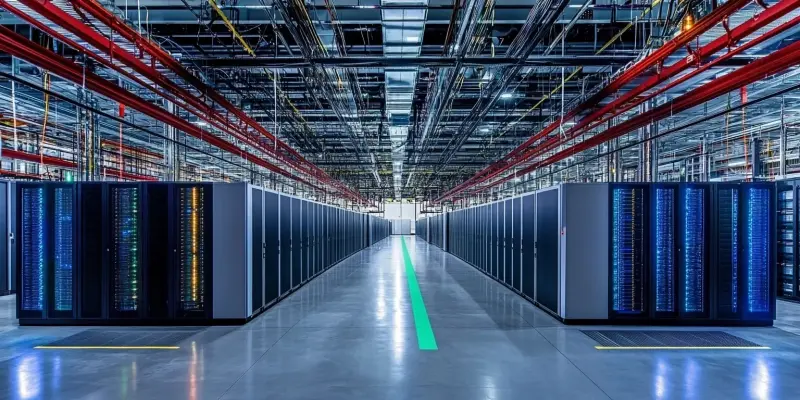In a decision that reflects the growing demand for technological infrastructure and the inevitable tensions that accompany it, the Reno City Council has unanimously approved Oppidan’s appeal to construct a 5MW data center on North Virginia Street. This approval overturned an earlier denial by the Reno Planning Commission, which had rejected the proposal with a 4-2 vote. Oppidan, a property development firm based in Minnesota, argued that the Commission’s decision failed to adhere to municipal code criteria. The planned facility will occupy a seven-acre plot and incorporate evaporative cooling technology.
Oppidan’s Argument and Council’s Approval
Oppidan’s successful appeal to the City Council is not only a significant victory for the firm but also sets a precedent for future developments in the area. Oppidan claimed that the Planning Commission’s initial denial was not grounded in established municipal codes. They emphasized that the data center would not only meet but exceed environmental and regulatory standards. While the Planning Commission was concerned about potential environmental impacts, the City Council found these arguments unpersuasive and sided with Oppidan. The unanimous support from the City Council reflects a broader trend in urban planning, where the economic benefits of data centers often outweigh local opposition.
Oppidan’s experience in constructing data centers across the United States gave them an edge in negotiating with local authorities. They have recently completed a 90,000 sq ft facility in Chicago and have upcoming projects in El Paso, Texas, and Santa Clara, California. Since 2016, Oppidan’s subsidiary, Connect Data Centers, has played a pivotal role in expanding data center infrastructure across multiple states. This track record likely contributed to the City Council’s confidence in Oppidan’s ability to execute the Reno project successfully.
Community Concerns and Future Considerations
The council’s approval signifies a critical step forward in enhancing the city’s data infrastructure. This data center will potentially bolster the local economy by attracting more tech companies to the region and providing job opportunities. The facility’s use of evaporative cooling technology also underscores a commitment to environmentally sustainable practices, addressing both growth and ecological concerns.

